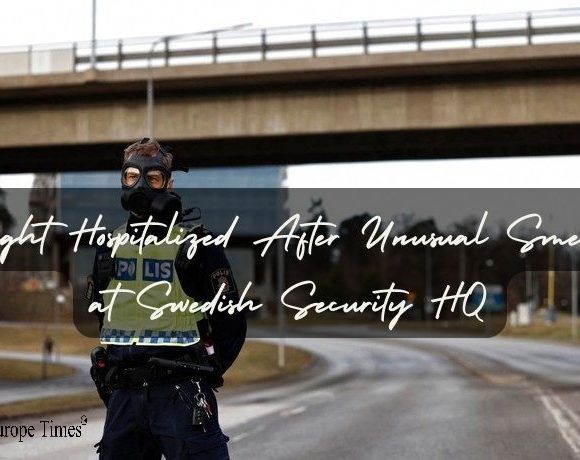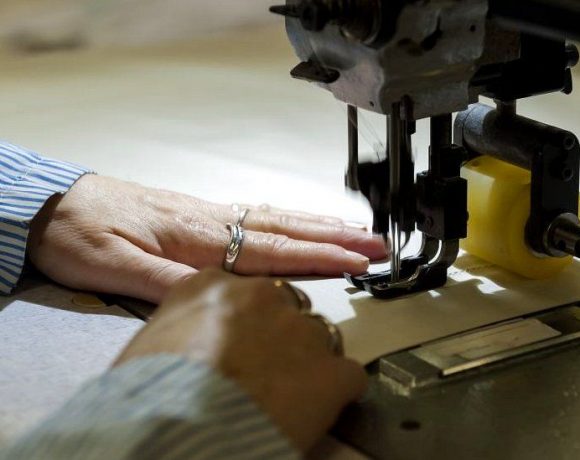
An incident at Sweden’s security service headquarters led to the hospitalization of eight individuals, including police officers, following reports of an unusual smell and subsequent evacuation of around 500 people. Initially thought to be a gas leak, authorities later confirmed no gas was detected. Police are investigating the cause, with speculation of phosgene detection, though unconfirmed.
Phosgene, a chemical used in plastics and pesticides and infamous from World War One, was suspected. Emergency services responded promptly, with roads closed and barriers erected. Six individuals were hospitalized for breathing issues, including police officers who detected the smell. Evacuation measures were extensive, with nearby schools and residences affected.
The incident concluded without further incident, coinciding with Prime Minister Ulf Kristersson’s visit to Hungary, where Sweden’s Nato membership ratification is pending.
picture courtesy: google/images are subject to copyright

